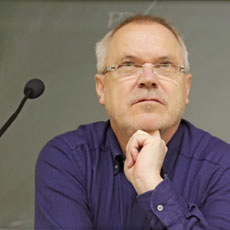Developing Faculty Leadership Skills
Leadership is not restricted to those in formal leadership positions. Rather, all faculty members in one way or another fill leadership roles and may eventually become formal leaders. Therefore, it’s important for them to develop their leadership abilities.




